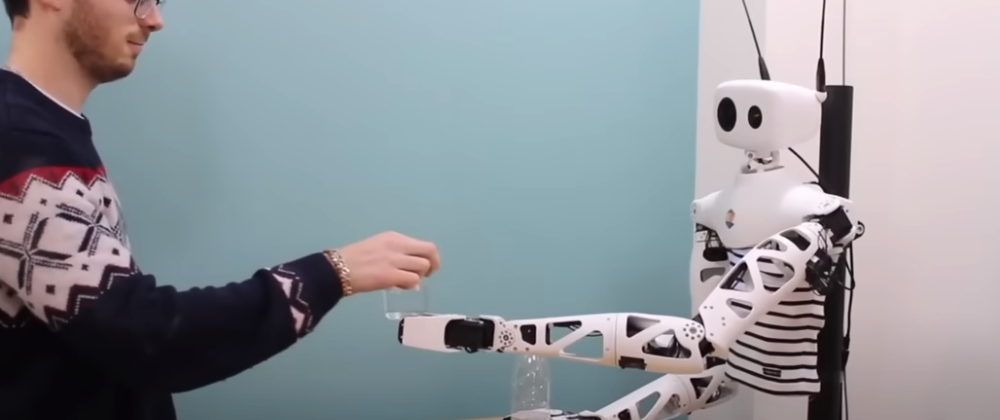Google DeepMind has recently unveiled the Mobile ALOHA humanoid system, a groundbreaking advancement in robotics that promises to revolutionize household tasks. This innovative robot, developed in collaboration with Stanford University, is designed to perform a variety of chores, including cooking, cleaning, and laundry, through advanced teleoperation and imitation learning techniques.
Overview of Mobile ALOHA
Mobile ALOHA represents a significant leap in humanoid robotics, focusing on manual mobile manipulation. Unlike traditional robots that often struggle with mobility and adaptability, Mobile ALOHA is engineered to navigate complex environments and execute tasks with a level of dexterity akin to human capabilities. The system is equipped with a mobile base and a sophisticated teleoperation interface, allowing it to replicate intricate tasks that require both hands and whole-body coordination.
The robot's development is notable not only for its technical capabilities but also for its cost-effectiveness. The entire system is priced at less than $20,000, making it accessible compared to other humanoid robots that can cost upwards of $200,000. This affordability is achieved through the use of off-the-shelf components and 3D-printed parts, which are part of the open-source hardware initiative. This means that both the hardware and the machine-learning algorithms are available for public use, promoting further innovation and experimentation in the field of robotics.
Capabilities and Learning Mechanism
Mobile ALOHA is designed to learn from human demonstrations, utilizing a technique known as imitation learning. In initial trials, the robot successfully completed tasks such as frying shrimp, loading and unloading dishwashers, and even taking the elevator—all actions it learned from observing human behavior. The system achieved a remarkable success rate of up to 90% in complex tasks after being trained on 50 demonstrations per task.
The robot's capabilities extend beyond simple chores. It can autonomously perform tasks like vacuuming, watering plants, and operating kitchen appliances. This versatility positions Mobile ALOHA as a valuable assistant in the home, capable of alleviating the burden of daily chores for busy households.
Real-World Applications
The introduction of Mobile ALOHA aligns with a growing trend in robotics aimed at enhancing efficiency in domestic environments. As the demand for automation in everyday tasks increases, robots like ALOHA could play a crucial role in transforming how we manage our homes. The ability to perform a wide range of tasks autonomously not only saves time but also allows individuals to focus on more complex and rewarding activities.
Moreover, the open-source nature of Mobile ALOHA encourages developers and researchers to contribute to its evolution, potentially leading to even more advanced functionalities in the future. This collaborative approach could accelerate the pace of innovation in robotics, making it feasible for more households to integrate such technology into their daily lives.
Future Prospects
While Mobile ALOHA has demonstrated impressive capabilities, the research team acknowledges that there is still room for improvement. Challenges remain, particularly in refining the robot's performance in more complex cooking tasks. Ongoing research aims to enhance its learning algorithms and expand its operational scope, ensuring that it can handle a wider variety of household chores with greater efficiency.
In conclusion, Google DeepMind's Mobile ALOHA humanoid system marks a significant milestone in the field of robotics. By combining advanced technology with affordability and accessibility, it opens up new possibilities for the integration of robots into everyday life. As we move forward, the continued development of such systems could redefine our approach to household management, making life easier and more efficient for everyone.






Latest comments (0)